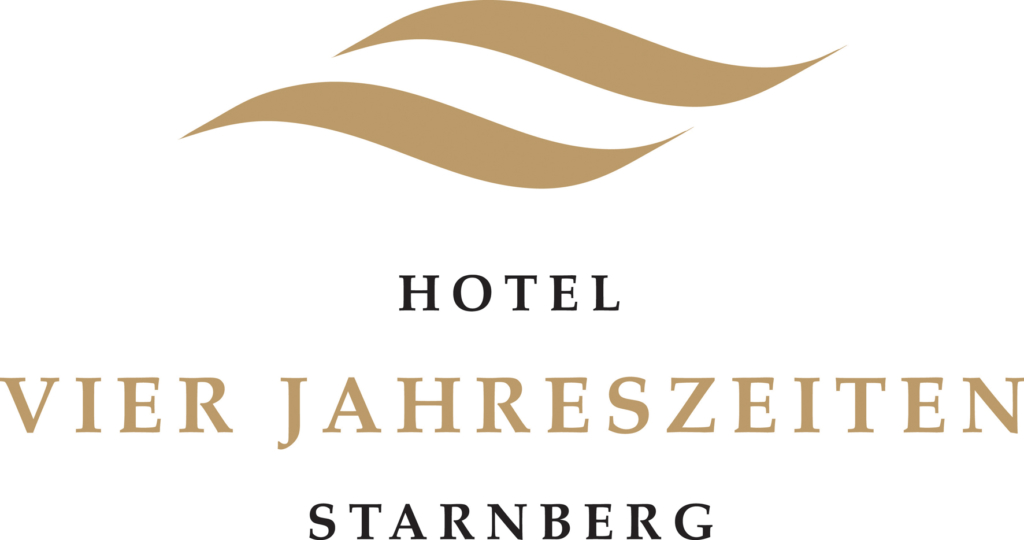With economic speculation rife and predictions suggesting a 98.1% chance of a global recession, it’s only natural that hotels experience particular challenges – be it attracting guests, increasing occupancy or ensuring that guests can enjoy a truly happy and worry-free escapade, away from the world’s uncertainties. The most recent times with a similar forecast were during the pandemic in 2020 and the financial crisis of 2008-2009, both of which had a tremendous impact on the travel and hospitality industries. So now, with the gift of hindsight, what difficulties can hotels look back at, as important lessons to navigate an economic downturn? What learnings and solutions can they implement that allow them to positively address guest sentiment, elevate experiences and offer a truly relaxing, luxurious holiday?
While the challenges are multi-faceted, the solution is simple. It’s about making things easier, faster, and less stressful. Which is why employing the advantages of technology is now particularly crucial for the hospitality sector to stay competitive and offer services that can meet the emotional and practical needs of their potential and visiting guests. Guest-facing tech is slated to become a $6 billion category, and it’s already revolutionised interactions, personalisation, convenience and operational efficiency. While it is difficult to determine the full extent of what this downturn will present, it is best to be prepared by developing strategies that reinforce a competitive edge, embrace technology and focus on tangible customer service.
Attract Guests, Against the Odds
Naturally, the goal for every hotel from a business or strategic perspective is to increase brand value, occupancy rates and cost efficiency. This doesn’t change just because the economy is slow. Here is where AI can provide valuable insights into guest preferences and behaviours, enabling hotels to understand guest habits and preferences and create tailored experiences that make guests feel more valued and appreciated. In the current economic environment, this can also help optimise pricing strategies and increase occupancy rates.
Personalisation yet Liberation
With technology, hotels can provide guests with personalised experiences tailored to individual needs yet free them from mundane hassles and long resolution times. This could include anything from providing welcome messages to suggesting specific activities or restaurants that they might enjoy. For example, AI-powered chatbots are able to quickly answer guests’ questions by utilising a database of answers and providing accurate, helpful responses in real-time – well before they even reach the hotel, with pre-arrival communication proving just as important a guest touchpoint as any in person.
This already helps put their mind at ease by clearing all doubts and building trust, so they come with a positive impression – which can be significant psychologically, in financially stagnant or precarious times. It is no surprise then, that a whopping 29.3% of travellers would prefer staying in a hotel that uses automated messaging or a chatbot service to provide guest support. Virtual Concierge services have also seen an increase in demand, which streamline and quicken processes like check-in, check-out, feedback and payments, among other services.
Beating the Competition to Profits
AI upselling is also a powerful tool to help hotels during an economic downturn. For one, it can help target the most profitable target segments and leverage data from past purchases to identify who is more likely to make additional purchases. This can be used to create targeted campaigns that reach high-value guests to suggest upgrades or added services. It’s one of the surest ways for hotels to differentiate themselves from competitors. From the point of view of a guest who is willing to travel and invest in a holiday despite a stagnating economy, it’s these little things that make all the difference and offer measurable advantages across the operational chain.
It is clear as things stand that although a recession does bring a unique set of challenges, there are many potential solutions and opportunities that can be capitalised. With technology, hotels can provide guests with a world-class experience, no matter what’s going on in the world beyond the one they curate. That’s why it’s more important than ever to invest in AI-powered guest satisfaction and elevate your guests’ experience today.
The hotel industry is increasingly employing conversational AI and robotic automation technologies, but there’s still a huge ground to cover. It has huge potential but is underpenetrated.
Engage-AI is RateGain’s Virtual Assistant Conversational AI platform which helps optimize your hotel’s operations, create upsell opportunities and generate more revenue per guest, ultimately enhancing guest experience and increasing satisfaction scores for the hotel.
For an in-depth guide on Engage-AI or to schedule a free demo, get in touch with our experts “here”.
 Deutsch
Deutsch Português
Português Italiano
Italiano Espanol
Espanol čeština
čeština ไทย
ไทย Français
Français


